Norway is a country of extraordinary natural beauty and rich history, and is an ideal place for lovers of nature, culture and trips. From majestic fjords to bustling cities to remote Arctic landscapes, Norway offers a variety of experiences. Summer is the best time for trekking and exploring the fjords, while winter is the time for skiing and observing the northern lights.
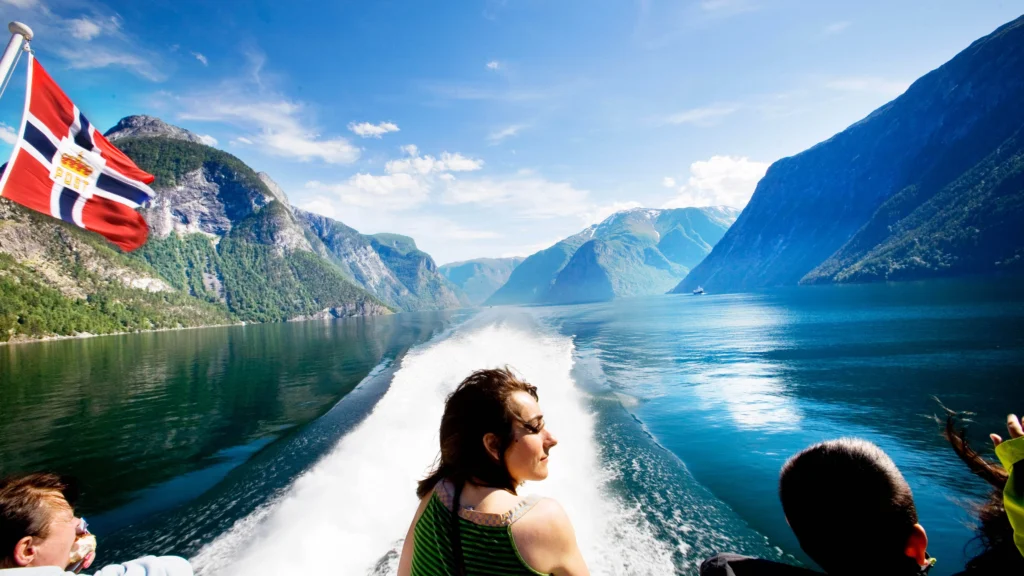
Norway, officially the Kingdom of Norway, is a country in Northern Europe that is a constitutional monarchy, whose territory covers the western and northern parts of the Scandinavian Peninsula, Jan Mayen, Svalbard, Bouvet Island and the Lofoten Islands.
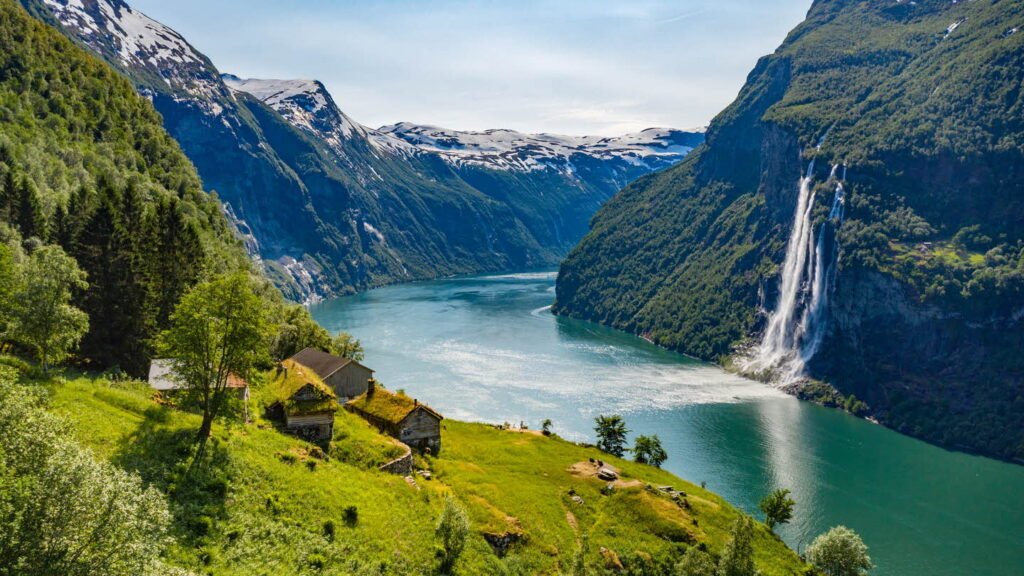
Geirangerfjord

Sognefjord
Norwegian Fjords
Fjords are deep bays between steep rocky shores and are so beautiful that they take your breath away. The Geirangerfjord and Sognefjord are some of the most spectacular landscapes in the world. The fjords offer opportunities for hiking, physical activity, and outdoor sports such as kayaking, climbing, trekking, and hiking.

Homeland of the Vikings
The Vikings were sailors, warriors, explorers and traders who came mainly from Scandinavia, i.e. today’s Norway, Sweden and Denmark. The oldest traces of settlement in what is now Norway date back to around 9000 BC. In 793, the Viking Age began with an attack on Lindisfarne Monastery. From that year on, Scandinavian invaders on distinctive long boats were often seen in the ports of Northwest Europe. It is located in Oslo Viking boat museum. This is where all the valuable archaeological finds were collected, thus saving them from complete destruction. The museum is fully adapted to present oak boats – longships – preserved in the burial mounds.
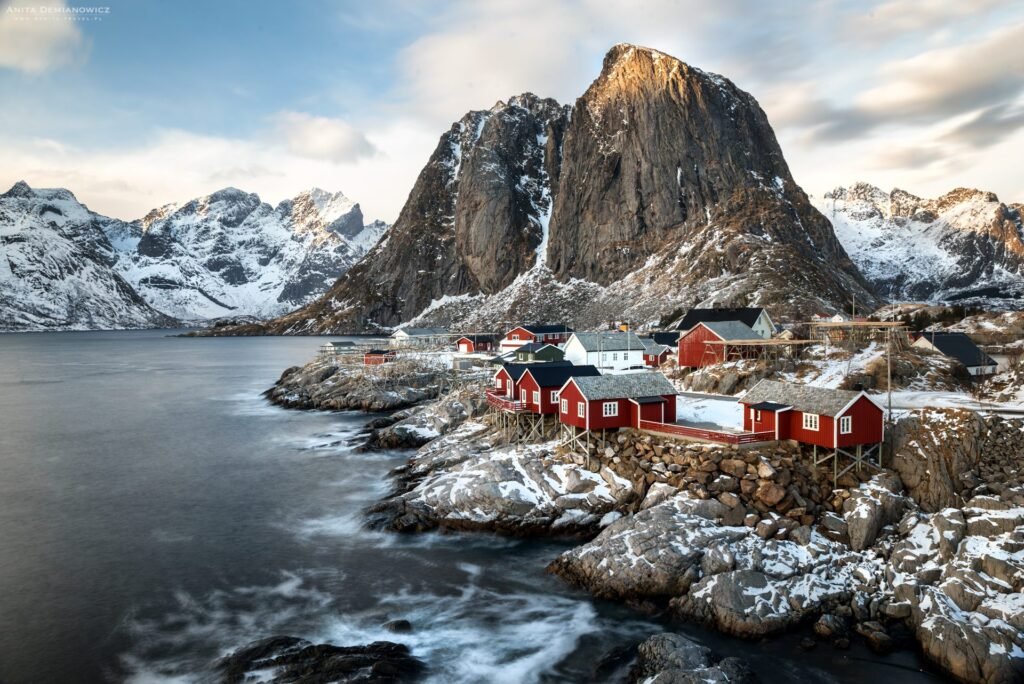
Lofoten Archipelago
Lofoten in Norway, which is one of the most beautiful archipelagos in the country. A wonderful combination of land and sea nature, it offers a lot opportunities for activity lovers. Thanks to the well-developed infrastructure, the islands are easily accessible both by bridges and ferries, which makes traveling around the Lofoten archipelago comfortable and allows you to admire beautiful views. Towns in the Lofoten Islands, such as: Svolvær and Reine are not only charming, but also full of history related to fishing, which is part of the culture of this region. The location of the Lofoten Islands in the Norwegian Sea makes them one of the best places to observe phenomena such as the polar day and the northern lights, which is an unforgettable experience and attracts tourists from all over the world.
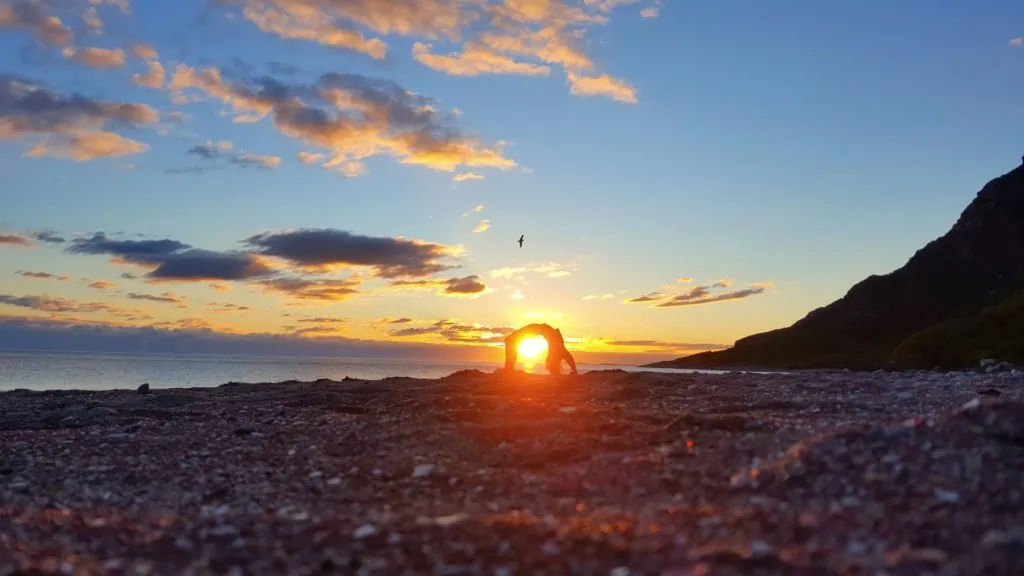
Polar Day
In Norway you can observe the phenomenon of the Polar Day – the Sun is above the horizon for at least 24 hours continuously. The sun does not set for the longest time in Svalbard, the polar day lasts there from April to the end of August. In mainland Norway, you can enjoy the longest polar day on Nordkapp. It is assumed that the polar day above the Arctic Circle lasts from June 12 to July 1.
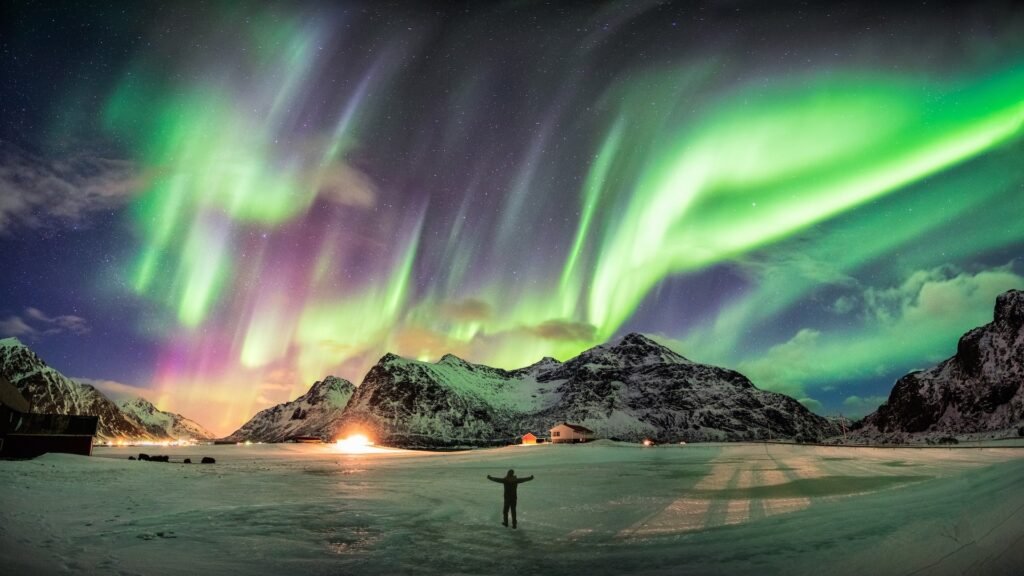
Aurora Borealis – Northern lights
The aurora borealis is a beautiful natural spectacle, visible as a dance of lights in blue, green, yellow, purple, pink, white and burgundy. Aurora borealis created in the upper layers of the atmosphere as a result of geomagnetic storms on the Sun. Theoretically, the northern lights are visible all over Norway. However, the greatest chance of seeing it in this country is above the Arctic Circle. The best places to observe the northern lights are the Lofoten Islands, the area around Tromso, Alta and Kirkenes, as well as the entire northern Norway, up to the North Cape. Tourists travel thousands and hundreds of kilometers to see the aurora borealis live, it is a truly fascinating display of colors in the sky.


Stockfish
Norwegian national stockfish pride – dried cod. The drying process of stockfish takes about three months. First, the head and entrails are removed, and the fish are tied in pairs at the tail and hung on wooden racks or dovecotes to dry in the fresh, cold air. Typically, the drying process begins in early March, and most cod drying takes place in the Lofoten and Finnmark Islands in Norway, where winter temperatures and environmental factors favor the production of the highest quality stockfish.
